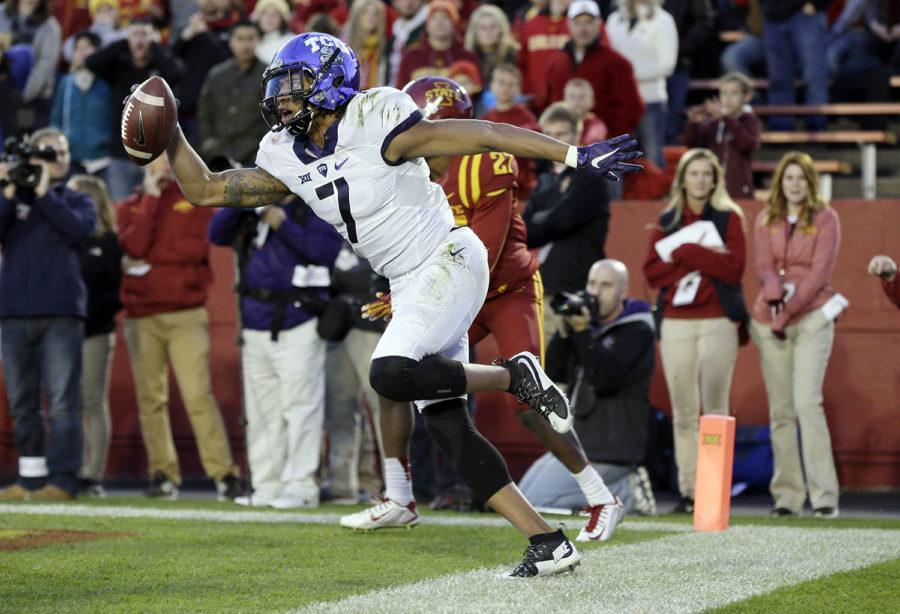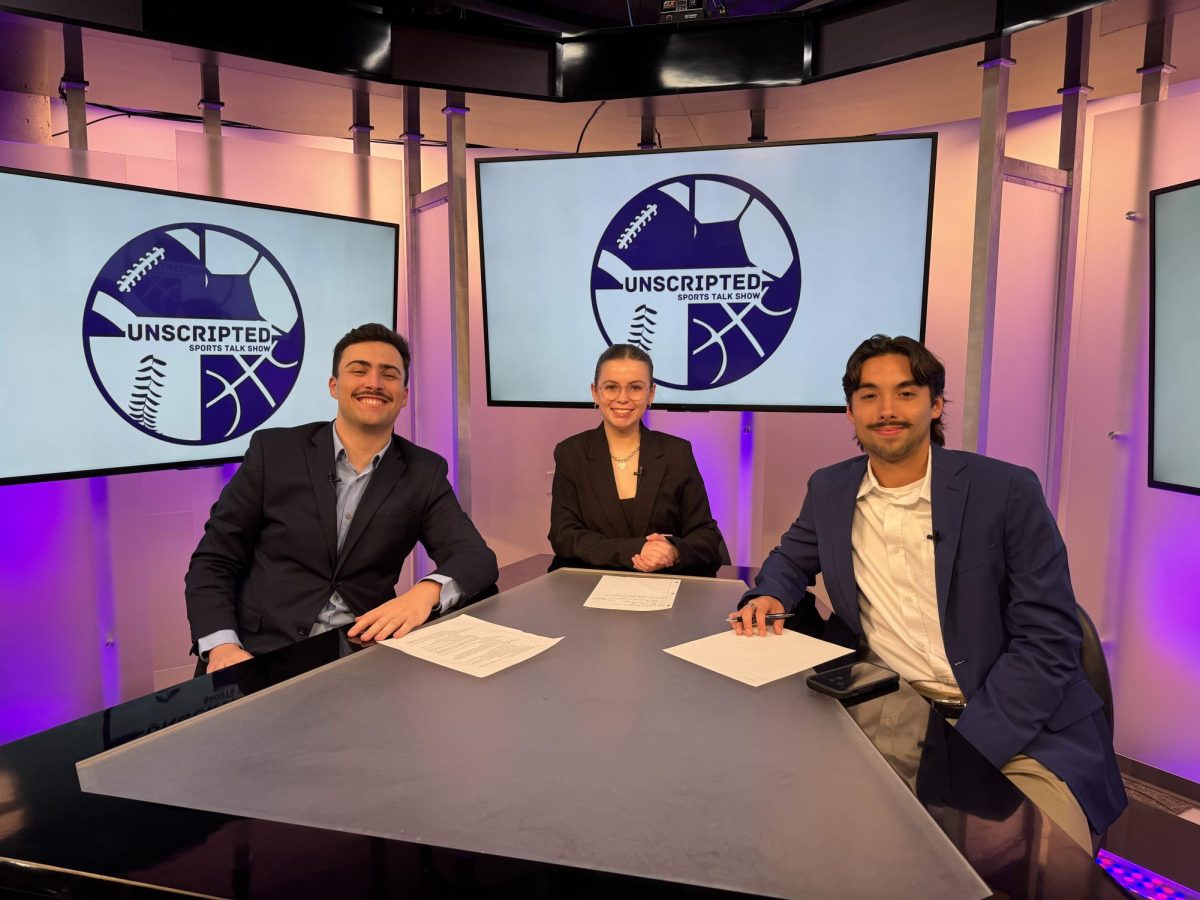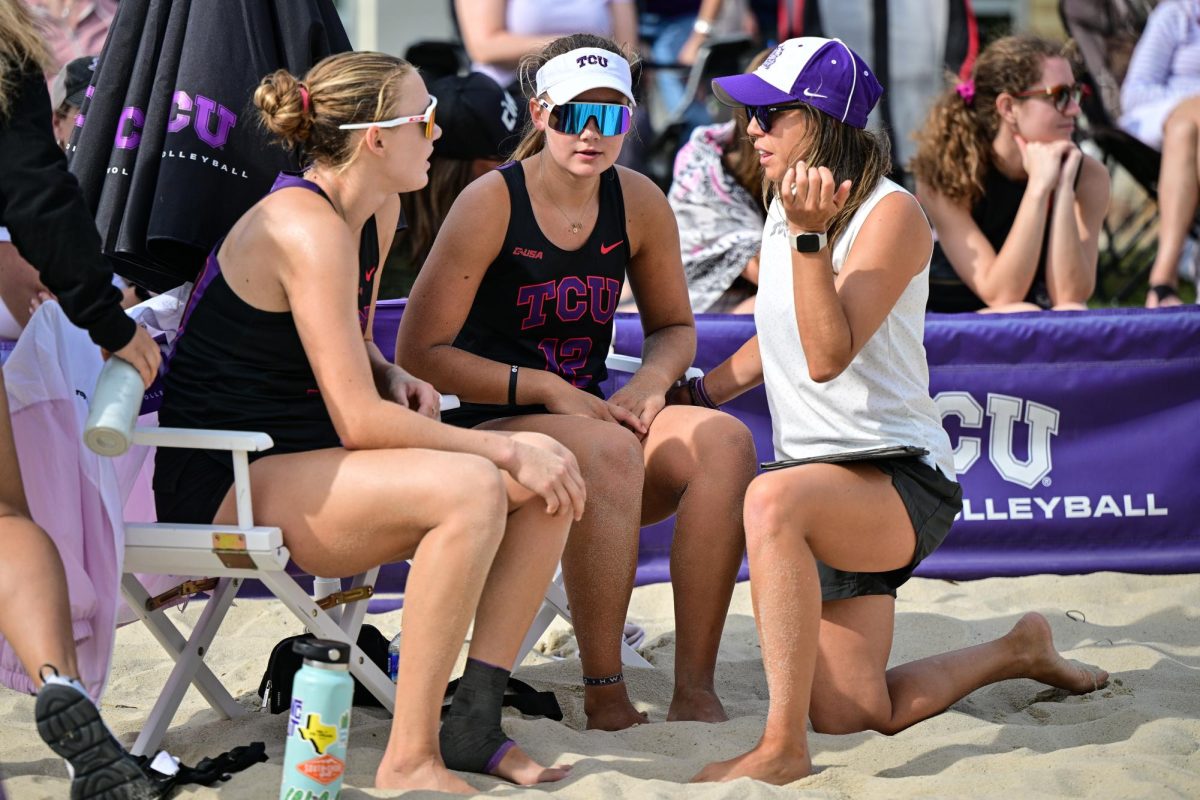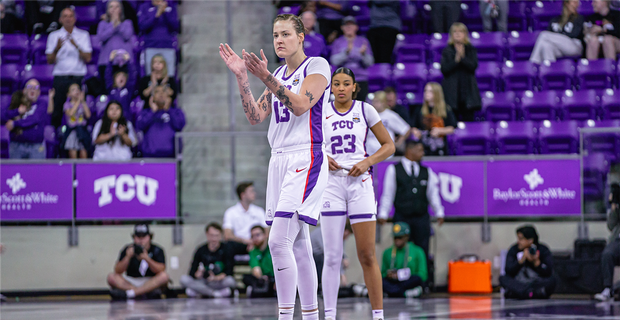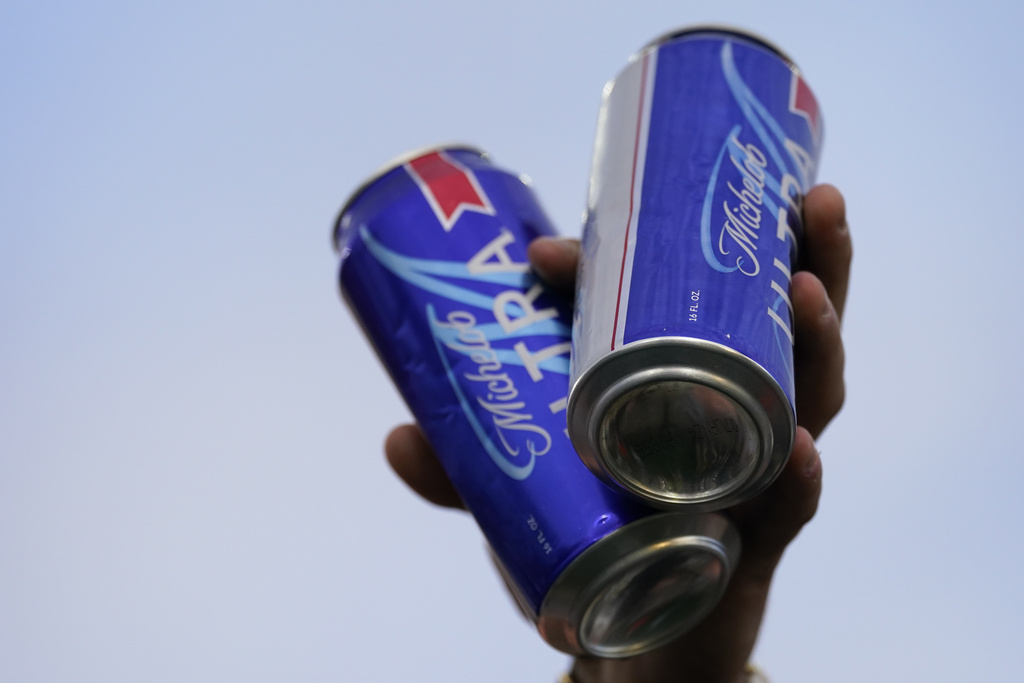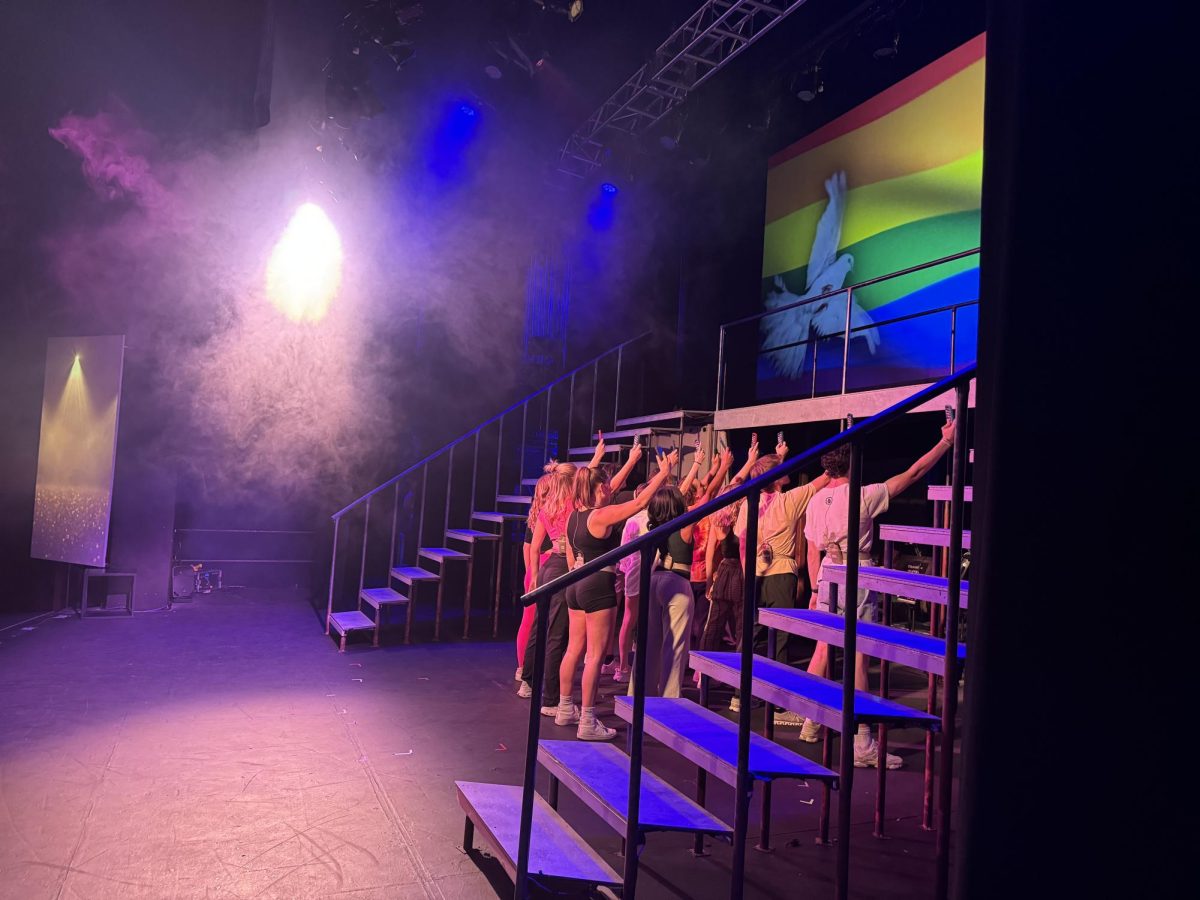Former wide receiver Kolby Listenbee added more to his lawsuit against TCU and Gary Patterson originally filed Jan. 31. He claims both he and other former players were mistreated during injuries dating back to 2002.
The original lawsuit claimed harassment of several players by members of the coaching staff. Five former players were added to the lawsuit Wednesday evening with detailed accounts of mistreatment: running back Lonta Hobbs, running back Ed Wesley, defensive end David Johnson, defensive end Stansly Maponga and wide receiver Cameron White.
Listenbee also added additional information about his case. Listenbee recalls improper treatment from team doctor Jason Mogonye at halftime of the Valero Alamo Bowl Jan. 2, 2016.
“At halftime, Kolby complained to Dr. Mogonye that his pelvis was in immense pain once again. Dr. Mogonye injected Kolby with anesthetic as he had done during halftime of several other previous games. This time, however, Dr. Mogonye inadvertently injected the anesthetic into Kolby’s femoral artery. Kolby immediately became paralyzed from the waist down. When he tried to stand up and walk, Kolby collapsed on the locker room floor. It was evident Kolby was not going to play the second half of his last ever bowl game,” according to Listenbee’s new petition to the court.
[documentcloud url=”https://www.documentcloud.org/documents/4384760-ListenbeeSuitFeb21.html”]
In 2002, Hobbs was allegedly given insufficient treatment in his recovery from a car accident. Listenbee’s suit alleges that Patterson refused to start Hobbs if he did not recover quickly.
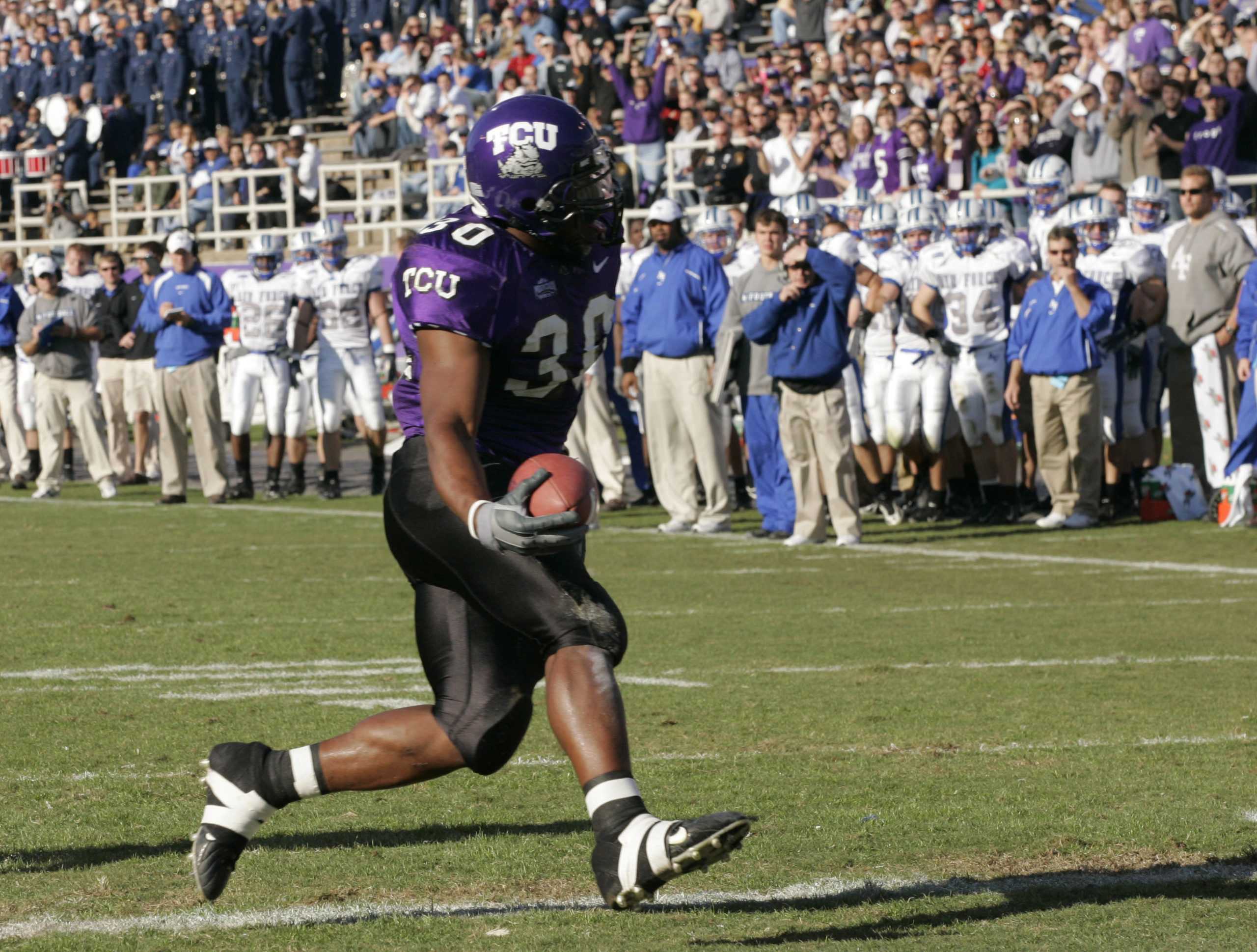
The suit continues to claim that Wesley suffered a concussion in a 2010 contest against SMU and Patterson pressured Dr. Samuel Haraldson to allow Wesley to continue playing. The suit claims that “despite the audacity and publicity of the event, defendants TCU, TCU Board of Trustees and Del Conte supported Defendant Patterson and his actions.”
Johnson suffered three separate injuries from 2011 through 2013 and was removed from the team for his alleged unwillingness to play through injury.
Maponga considered leaving TCU after the 2012 season, and the suit claims that Patterson threatened to undermine his name to NFL teams if he followed through with the decision and did not return to Fort Worth.
White was involved in two incidents in 2013 involving a concussion and injections after an MCL sprain.
“[TCU coaches] pressured, harassed, abused, and humiliated many injured football players in hopes that such manipulation would pressure the player to return to the field before being fully healed and despite not fully understanding the severity of the damage the player may suffer if he returned to play. Coaches believe that the team physicians can be easily manipulated to clear their players to return to play while an outside physician could not be swayed as easily [which] allows injured players to receive subpar treatment for their serious injuries, gives the coaches premature return-to-play decision when serious injury or harm could be caused, and creates an inherent conflict of interest,” according to Listenbee’s lawsuit.
The university originally filed to be removed from the lawsuit and has yet to respond to the recent allegations.



